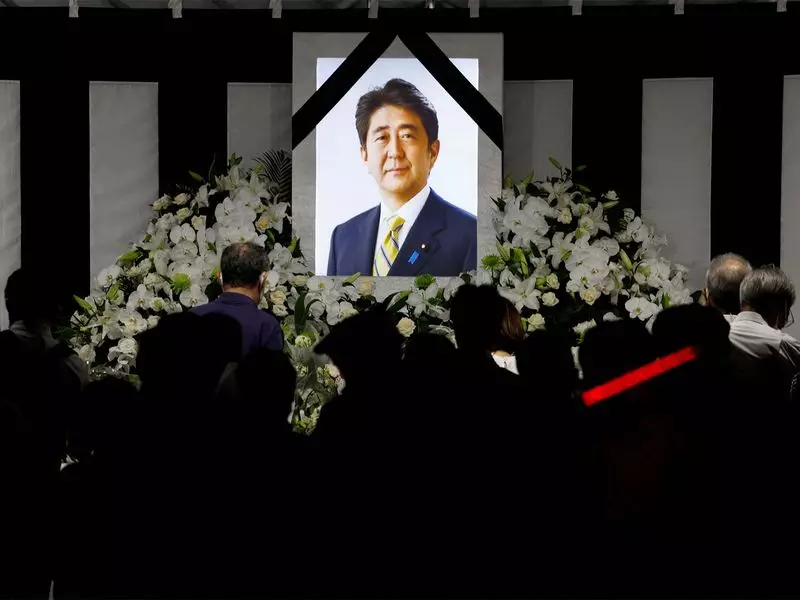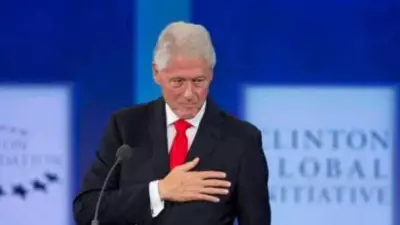
The long-awaited trial of Tetsuya Yamagami, the man accused of assassinating former Japanese Prime Minister Shinzo Abe, is set to commence next week in a case that has captured global attention. The proceedings will unfold at the Nara District Court, marking a significant moment in Japan's modern political history.
The shocking incident occurred on July 8, 2022, when Abe was delivering a campaign speech in the city of Nara. Yamagami allegedly approached the former prime minister from behind and fired two shots from a handmade firearm, fatally wounding the prominent political figure.
What to Expect from the Trial
Legal experts anticipate that the prosecution will present a comprehensive case detailing the meticulous planning that preceded the assassination. Court documents and investigative reports suggest Yamagami had been tracking Abe's campaign schedule for months before the fatal attack.
The defense team is expected to focus on Yamagami's mental state and motivations during the proceedings. Previous reports indicated that the accused held a grudge against the Unification Church, now known as the Family Federation for World Peace and Unification, alleging his family suffered financial ruin due to his mother's substantial donations to the religious organization.
Security Lapses Under Scrutiny
The trial is likely to examine significant security failures that allowed Yamagami to approach Abe despite the former prime minister's high-profile status. Security footage and witness testimonies are expected to play a crucial role in reconstructing the events of that fateful day.
Japanese media reports suggest that prosecutors have compiled substantial evidence, including the homemade weapon used in the attack, Yamagami's internet search history, and statements from numerous witnesses who were present at the political rally.
Broader Implications
This trial represents more than just a murder case—it has triggered nationwide discussions about political security, the influence of religious organizations in Japanese politics, and the psychological impact of economic hardship on individuals. The proceedings are being closely monitored by international media and political analysts worldwide.
The court has allocated extensive time for the trial, recognizing its historical significance and the complex factors that may have contributed to this tragic event in Japan's otherwise peaceful political landscape.





